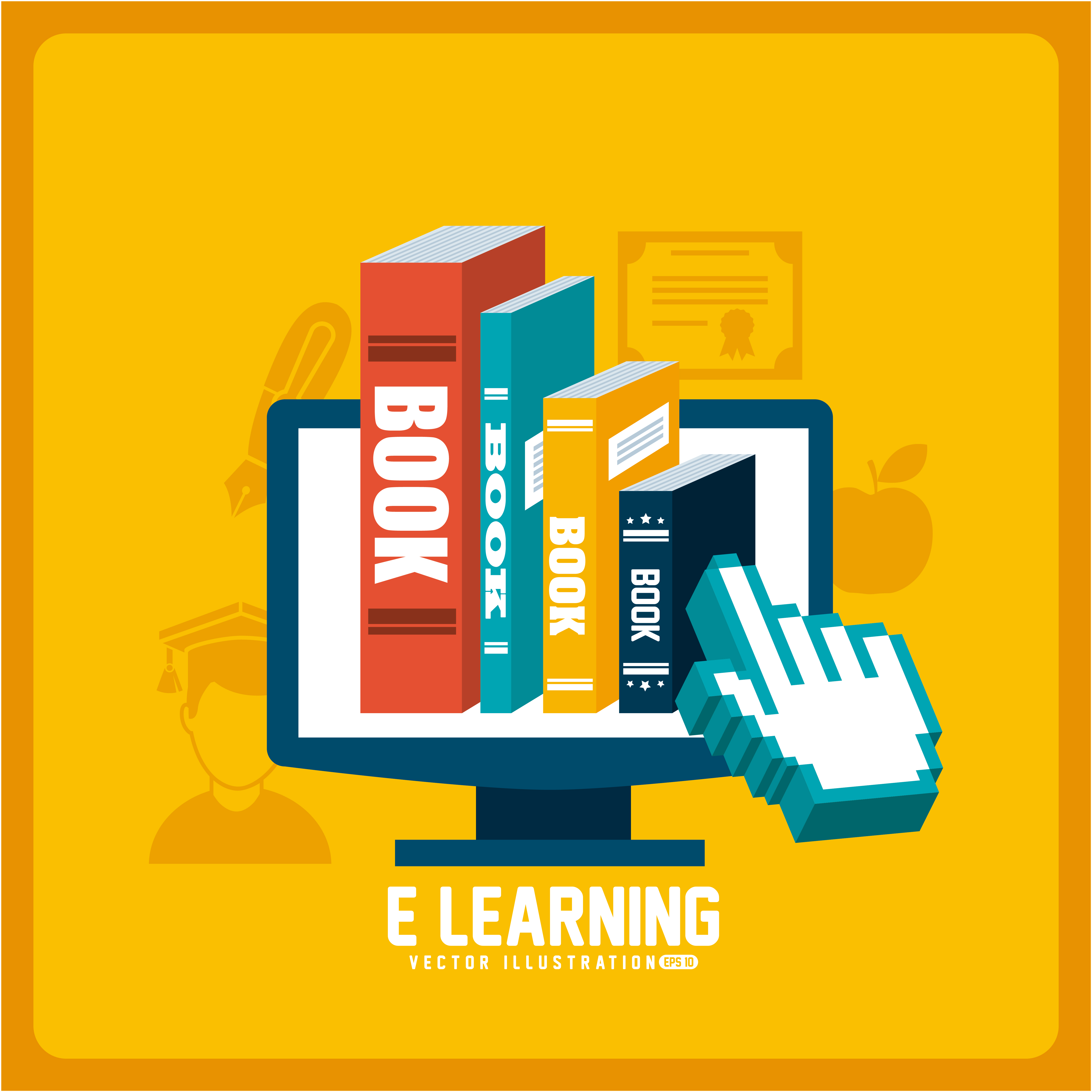The world is experiencing changes that affect several groups and areas of society. One of the main alterations is the increasing of life expectancy and its subsequently, population ageing. Demographic population ageing, in this case the European population, implies a great challenge. In fact, according to the Stadistics National Institute (INE), life span in Spain in 2019 is of 83,24 years and United Nations statistics show that is foreseeably going to increase in the following years. The truth is that the number of elder people is raising, so this group has become an important part of the society.
Elder population must be continuously adapting to the rapid changes of society, to new lifestyles and ways of socialising that have been modified, even further with the appearance with the birth of new technologies. the way to properly cope up with the challenges presented by new technologies and other social, political and economic changes in education. Education allows us to “instruct individuals from childhood to have a good development and interaction in society”.
Education is really present in the early stages of life and teenage years, however, is less common among adults and seniors. Education for adults arouse in Europe and United States late compared to education for children and teenagers. To talk about adult education, we need to look back at 1833, when Alexander Kapp coined the word “andragogy”, however, it is not until XX century that starts to being used more regularly to refer to everything that surrounds the instruction of adults and their pedagogy.
In our society, there is a vast number of elder that due to misinformation, they are trapped in an ageing deficient model. Education should accompany us along our lives to acquire new abilities and skills that the society of knowledge demands. In this sense, education becomes a basic resource to live the old age (Alonso D. et al).
Education for elderly is gaining more importance in a society that quickly ages. Little by little, education for adults has been gaining recognition and strengthen as a political and socioeconomic economy. It is expected that seniors get adapted to the changes given in society and so, offer them training opportunities. Departing from vital experience encourages incorporation of new coherent knowledge with values, beliefs, abilities and habits that facilitate this process.
Lifelong learning attempts to help students satisfy their needs, be a service for the community, complement the training offer as well as the participation and social integration of seniors, a better adaptation to social, cultural and technological changes. Education will allow elder to enhance the quality of their lives and social relationship, which will help them to feel integrated and part of the society that surrounds them.
Universities are aware of the importance of keep training elder people. In fact, nowadays many pubic universities in Spain offer training programs for adults and seniors. Education for adults promotes the access to a range of fields, support lifelong learning and develop the interests of elderly.





